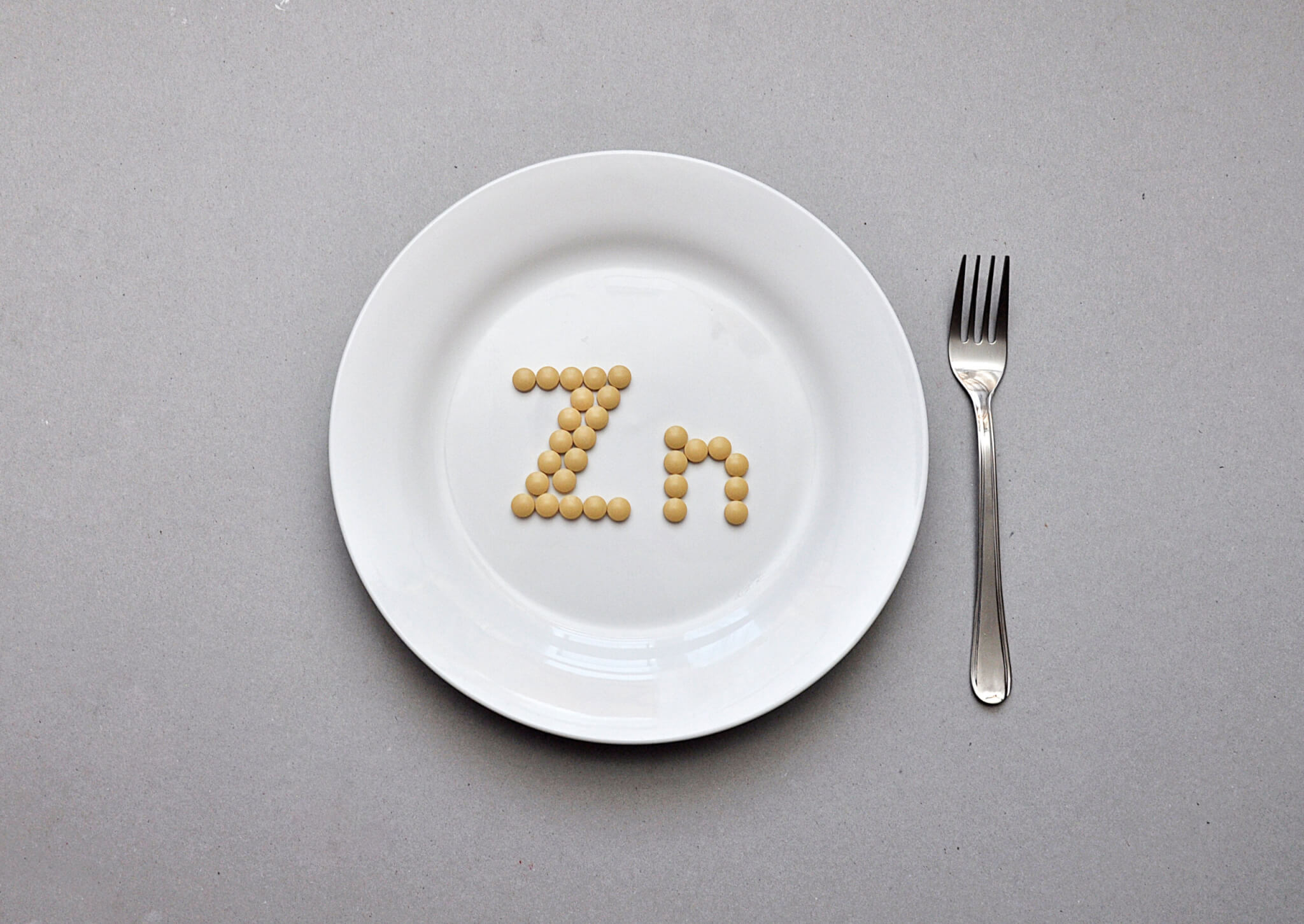EXETER, United Kingdom — They’re irritating, uncomfortable, and embarrassing to talk about. Thrush, otherwise known as a yeast infection, isn’t the most glamorous topic to bring up. Still, it’s very common among women. In fact, around 75 percent of all women have had them in their lifetime. Healthcare professionals and patients alike have been urgently waiting for new and improved treatments that are effective. Now, new research has found that zinc may be the answer.
Not only have most women had a yeast infection at least once, but nearly 140 million women suffer from recurring infections. Researchers from the University of Exeter’s MRC Centre for Medical Mycology took a deep dive into the nature of Candida albicans, the yeast most commonly behind thrush, to find some answers.
The team knew that this yeast needed zinc as part of its diet, just like we do. It even produces a molecule called pH-regulated antigen (Pra1) to make sure zinc is available as a food source. The problem is that researchers have found that Pra1 triggers inflammation, which many believe to be the driver behind thrush.
During experiments, the team found that manipulating genes to prevent Candida albicans from producing Pra1 successfully prevented inflammation. Further, their work revealed that applying low levels of zinc to mice produced the same result. This is a valuable finding, given that inflammation is what causes the uncomfortable itching and burning in thrush.
“Recurring thrush can be deeply distressing and problematic, and we urgently need new treatments. Our new finding on zinc is very exciting, because it suggests that simple provision of zinc could block the production of the inflammatory Pra1 molecule, but we’re not in the position to make treatment recommendations at this stage. We need larger scale trials to confirm the effect. Please don’t apply any products that are not designed for the genital area, as zinc can be toxic at high concentrations and it could be extremely unsafe,” says research leader Dr. Duncan Wilson of the University of Exeter’s MRC Centre for Medical Mycology in a media release.

The team also took things a step further and recruited women who had been experiencing recurrent infections at least once every three months. The women applied a vaginal moisturizing cream containing a small amount of zinc nightly for two weeks, and then twice per week. Of the six women who completed the study and had thrush, five of them did not experience reinfection over the three-month period.
“These findings are very encouraging, although the number of participants is small. We are now carrying out a larger clinical trial to confirm that zinc treatments are effective. In the longer term, we hope this could be a promising strategy for a condition could evolve resistance to treatment,” says Dr. Wilson.
This research could pave the way for more effective and long-lasting treatment options for women who suffer from yeast infections regularly.
“We’d been studying this Pra1 molecule for more than ten years to understand its role in zinc scavenging – this research shows the fundamental importance of basic research of this nature, which can help shed light on how our bodies work and sometimes provide surprising routes to new treatments.”
The findings are published in the journal Science Translational Medicine.
You might also be interested in:
- Starting these 8 habits by age 40 can help you live decades longer
- Gynecologic cancer misinformation on TikTok endangering women’s health, study warns
- Two-thirds of women say it’s unfair that they must pay for feminine hygiene products
- Best Zinc Supplements: Top 5 Health Boosting Vitamins Most Recommended By Experts
